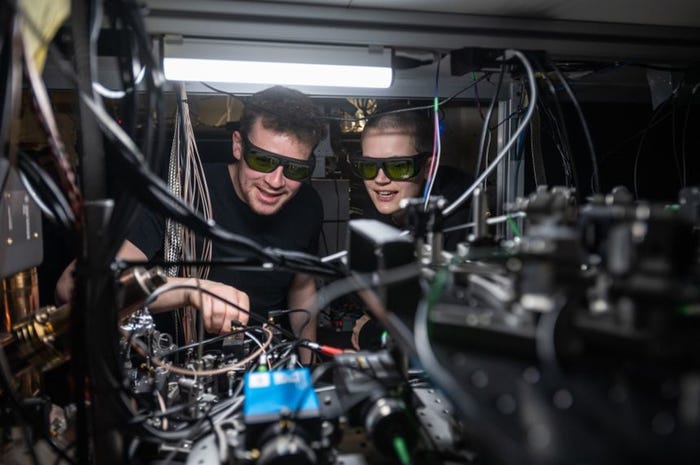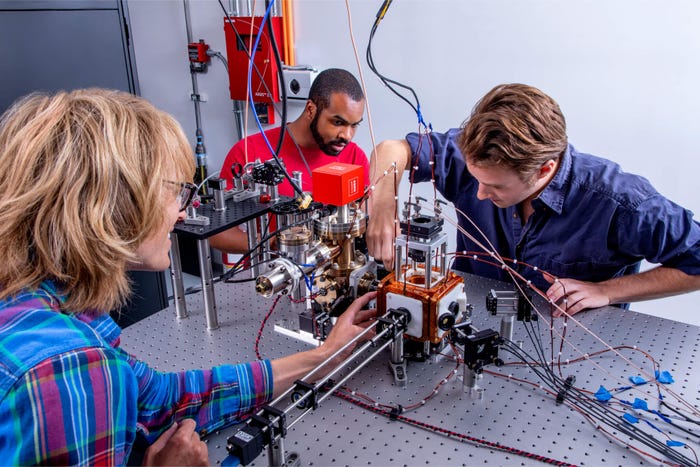
Connects decision-makers and solutions creators to what's next in quantum computing
IBM to Deliver Quantum Training in Japan, Korea, USIBM to Deliver Quantum Training in Japan, Korea, US
Universities will collaborate to develop programs to train 40,000 students for a future quantum workforce

IBM has announced an international initiative to deliver quantum computing training alongside universities in Japan, Korea and the U.S. to help bridge the quantum skills gap.
The company intends to work with Keio University, the University of Tokyo, Yonsei University, Seoul National University and the University of Chicago to develop a curriculum to train up to 40,000 students over the next 10 years.
The program will provide materials for educators in disciplines including physics, computer science, engineering, math, life sciences and chemistry, all areas that are seeing a growth in quantum computing use cases.
The goal is to enable a future workforce to use quantum-centric supercomputing technologies for scientific discovery and to explore industry applications that create new value in specific domains.
All the participating organizations will be able to participate in educator training, course material development and educational events, including mentorships, joint summer programs, exchange programs and distinguished lecture programs.
“With the recent demonstrations that quantum computers at a scale of more than 100 qubits are capable of being used as scientific tools to deliver insights reaching beyond leading classical approaches, we have an even greater need to educate today's students to join the growing quantum workforce,” said IBM Research senior vice president and director Dario Gil.
“Since the Camp David agreements, cooperation between Korea, the U.S. and Japan has expanded to various fields such as security, economy, high-tech, health and cyber. I believe there is a true call for collaboration between the three countries, especially in high-tech fields such as quantum computing,” said South Korea ambassador to Japan Yun Duk-min.
“Today's announcement of the plan to train human resources and establish a research and industrial ecosystem in the quantum field will serve as a meaningful starting point for the trilateral high-tech cooperation. And I trust this will bring about substantial benefits for the people of the three countries through more investment and job creation."
Read more about:
AsiaAbout the Author
You May Also Like






